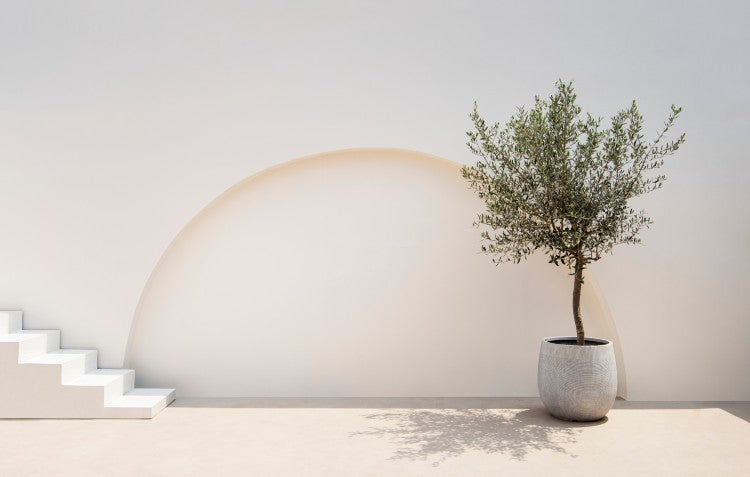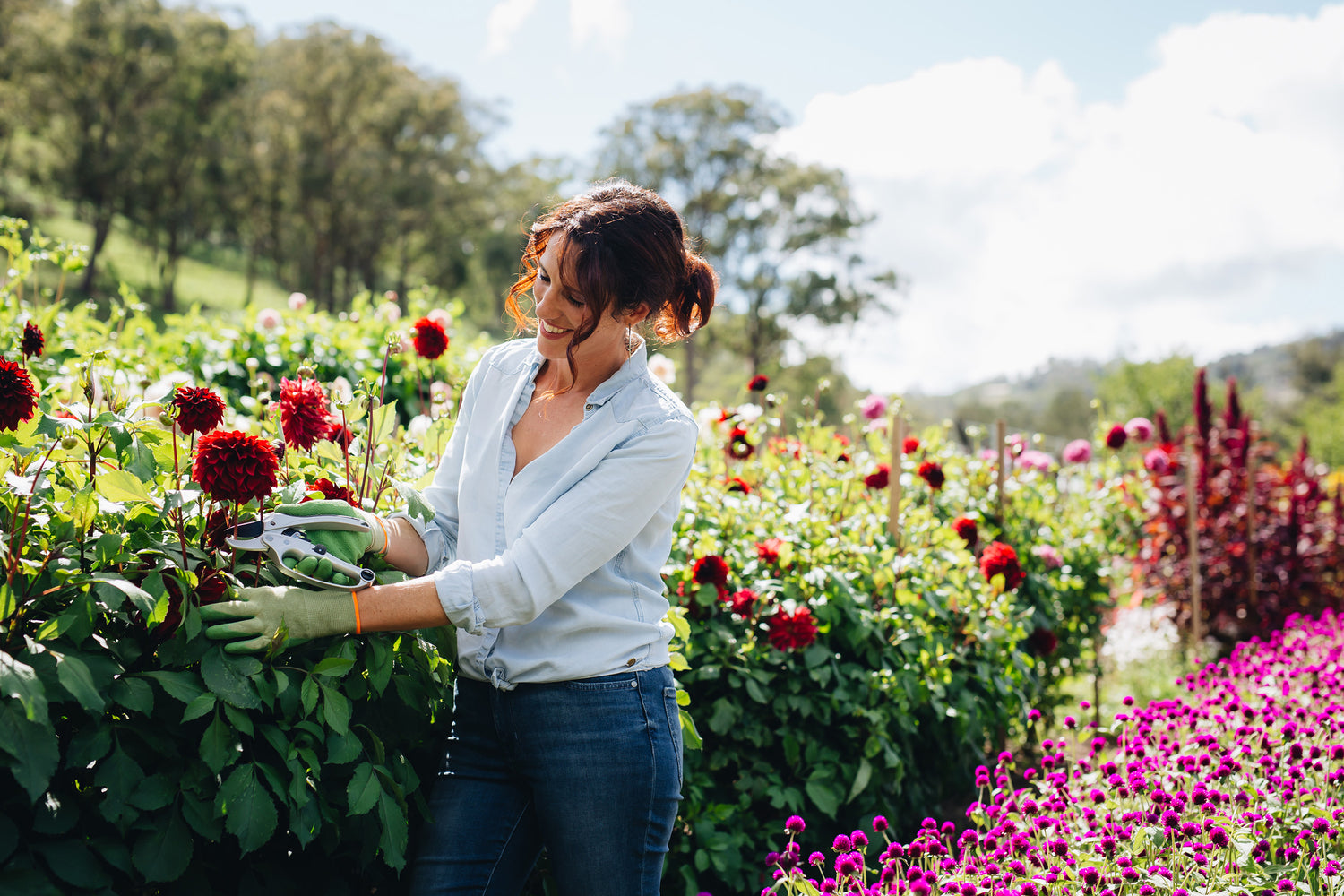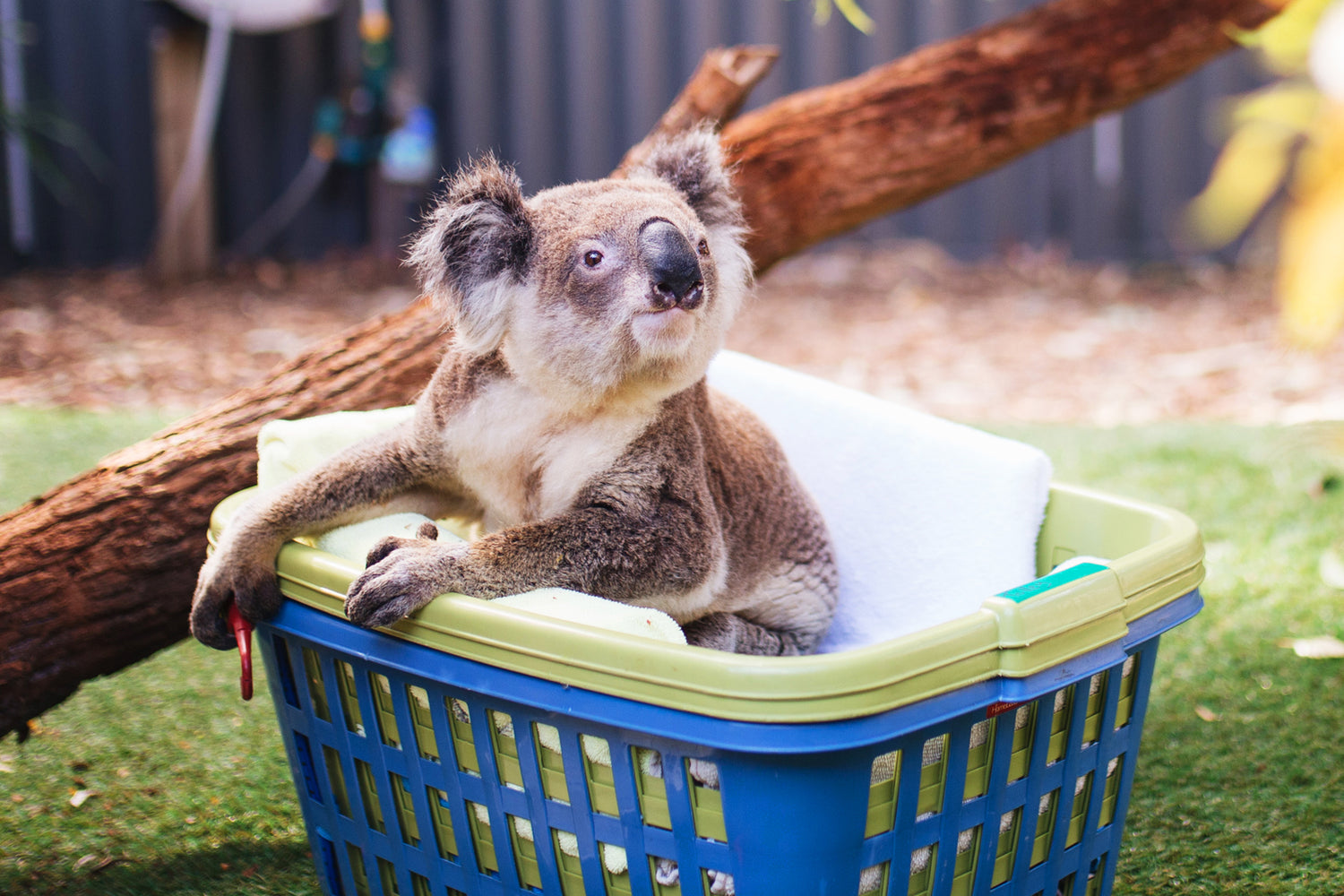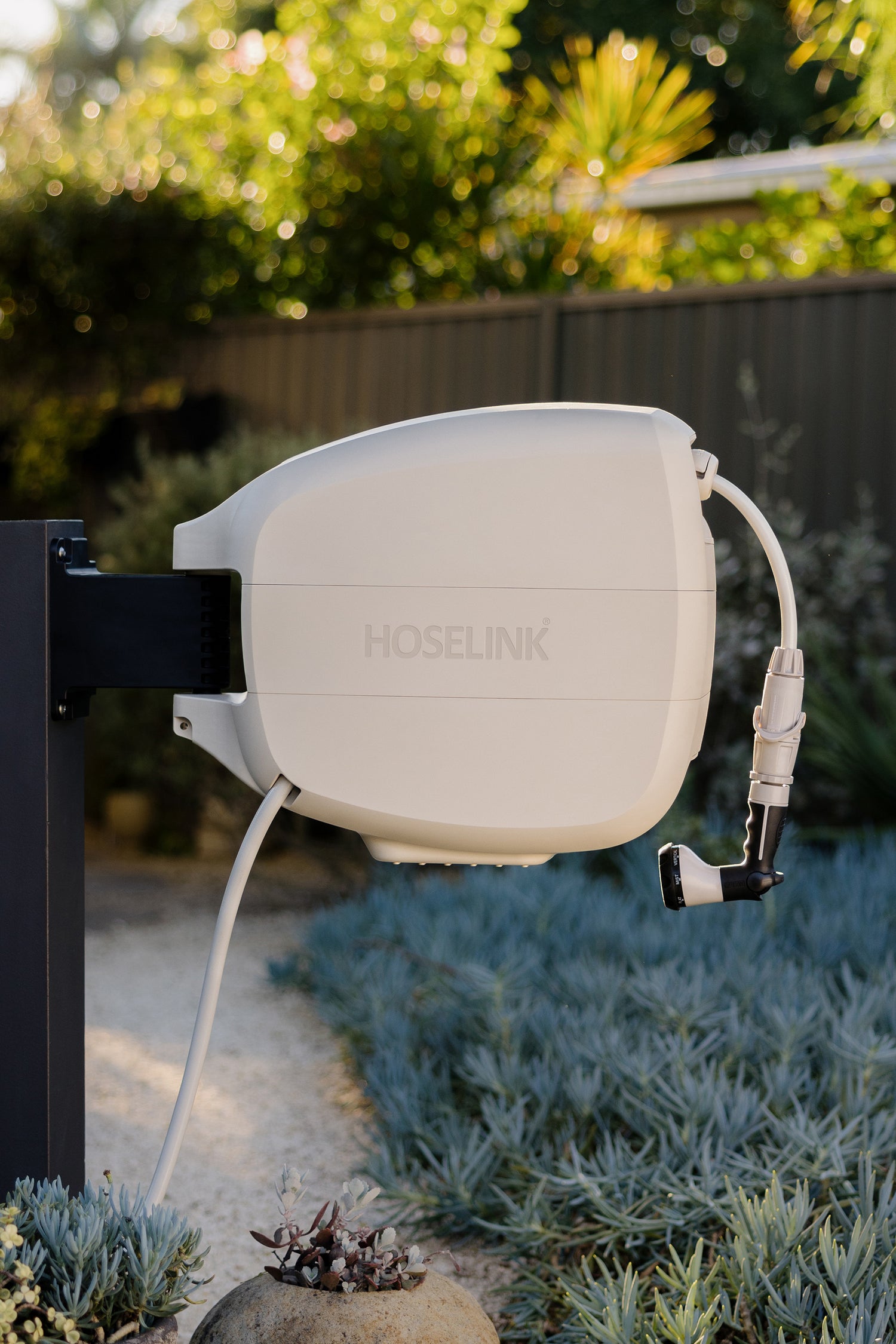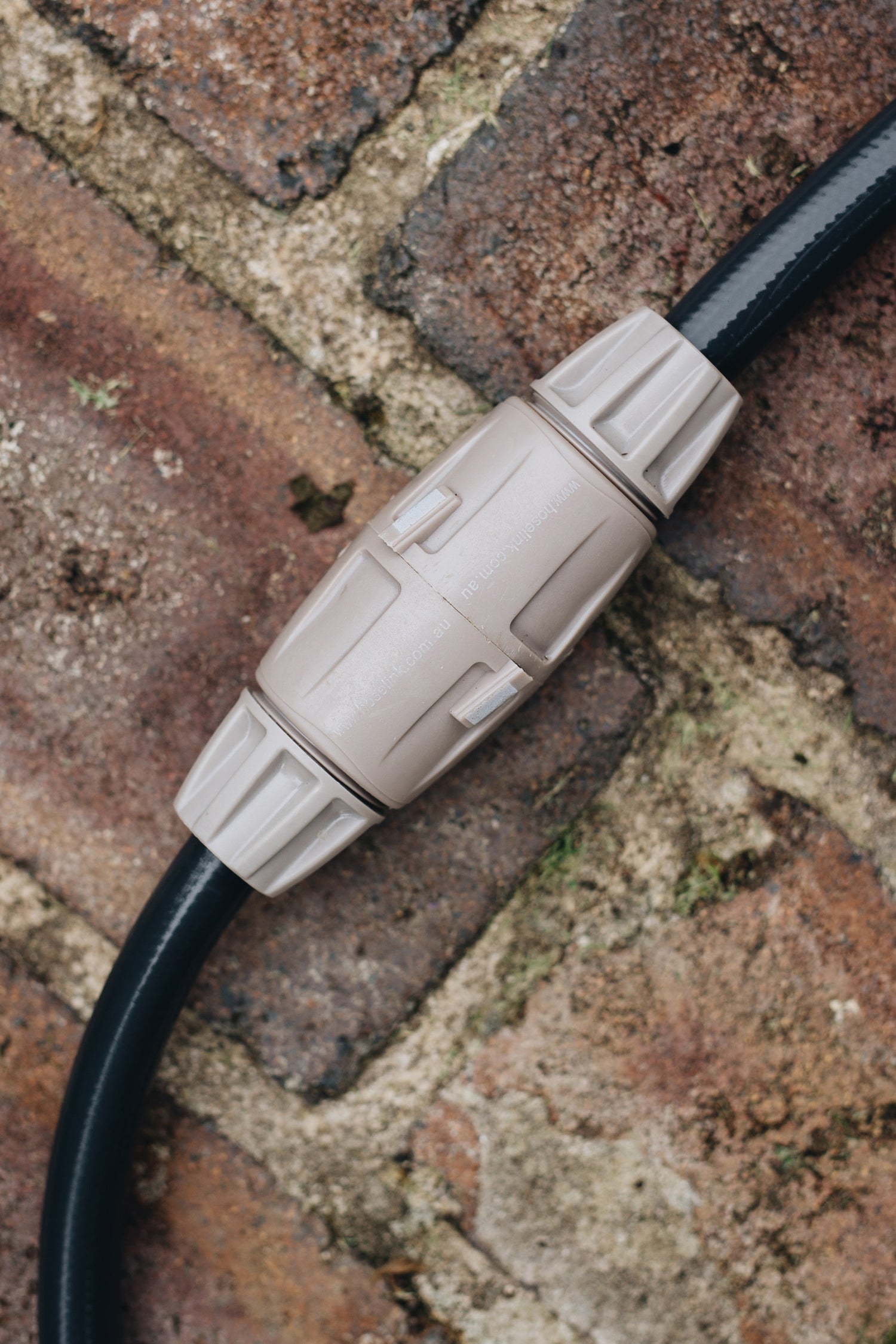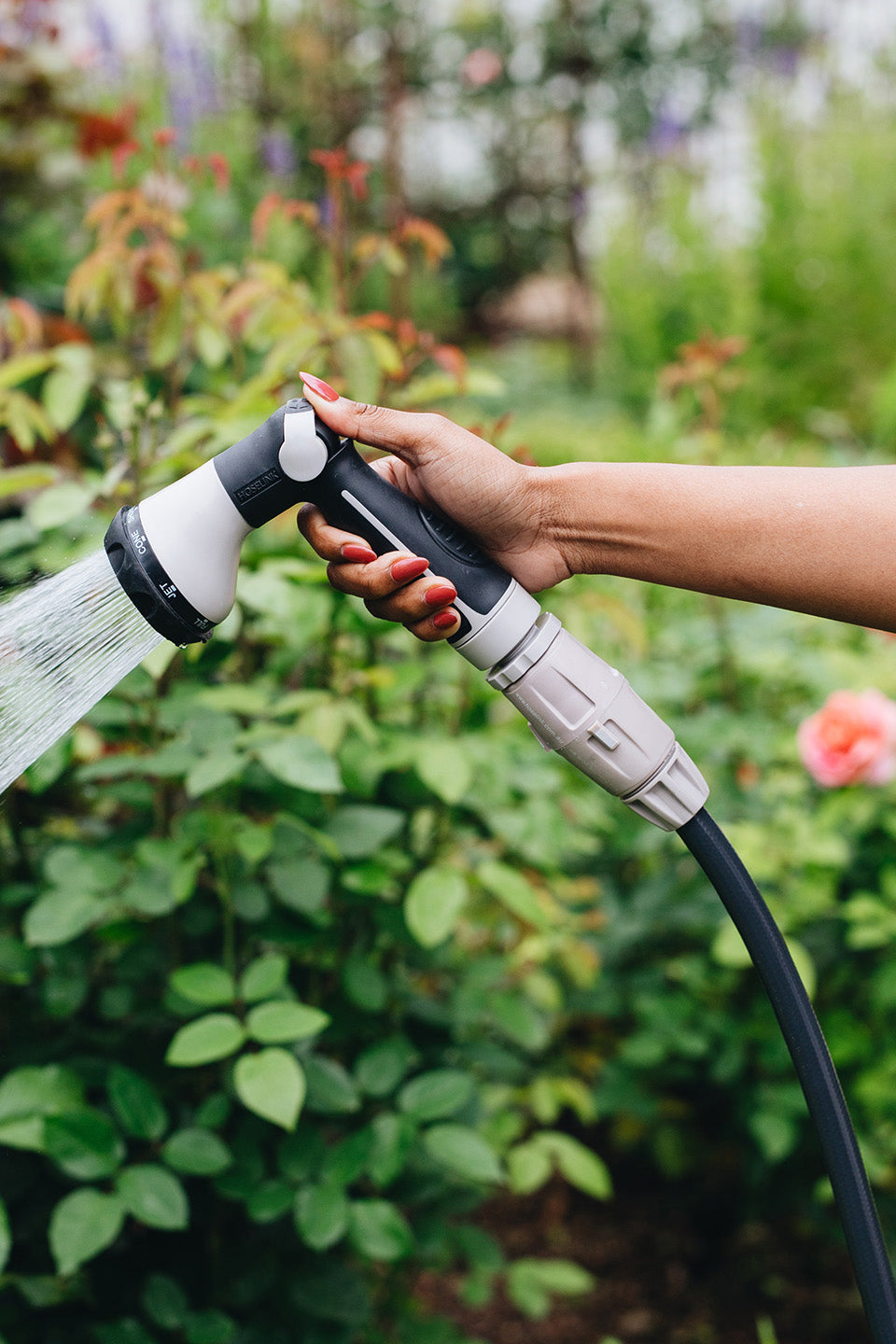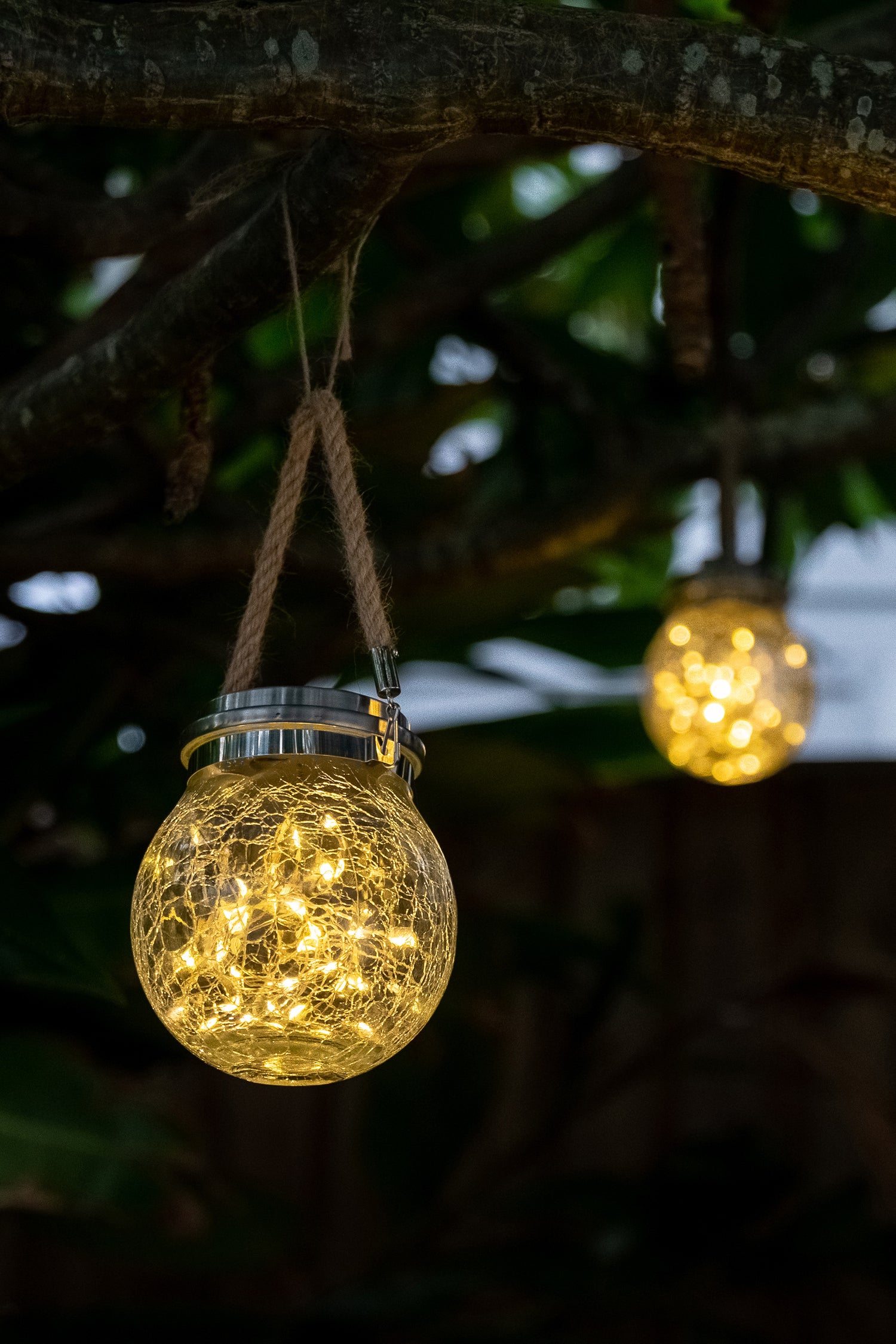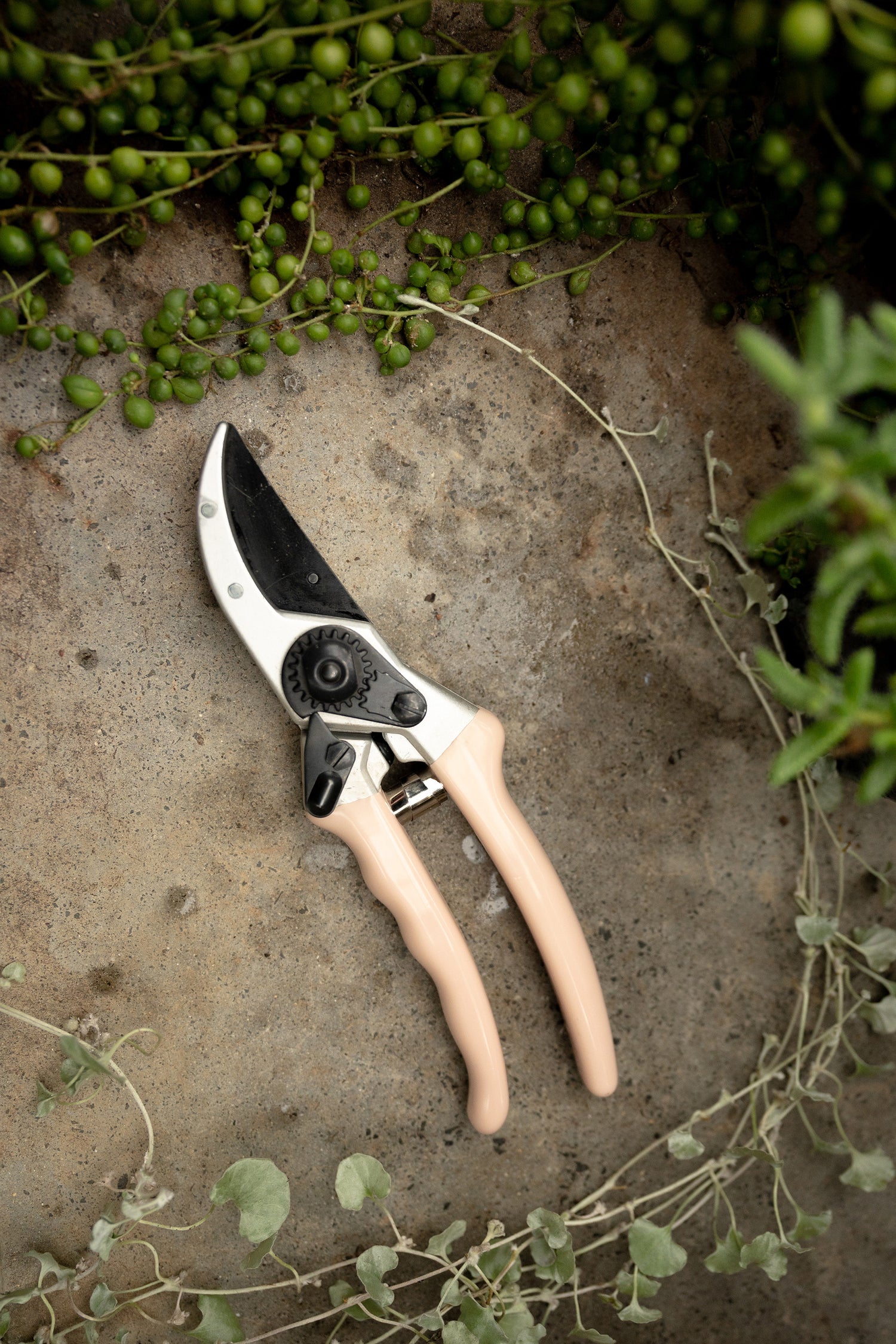Olive trees are becoming an increasingly popular option for garden lovers around Australia. Why is this?
The answer to that question is because they are a productive, long-lived tree that is valued by many for its attractive look and tolerance of extreme heat and drought conditions. It is estimated that the average lifespan of Olive trees is 500 years!
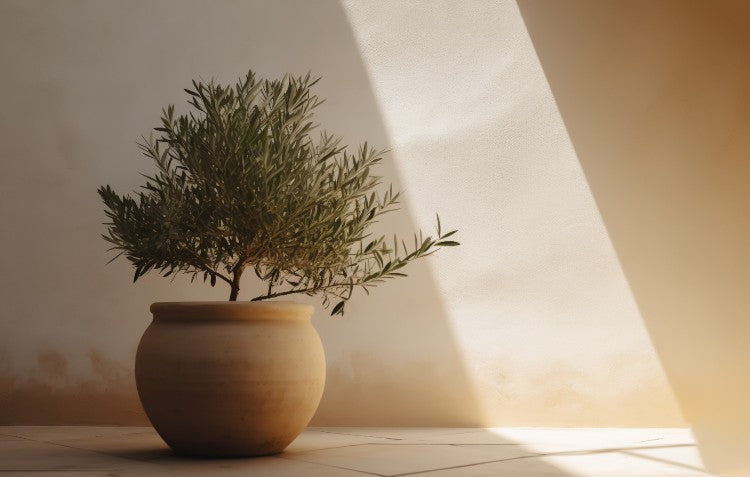
In recent years, olive trees have gained immense popularity in the gardening and landscape design. With their elegant form, evergreen foliage, and the allure of Mediterranean beauty, olive trees can add a touch of sophistication to any garden or outdoor space. Still asking why are they worth it? Well…. They are super easy to manage with enough direct sunshine (but not too much) and some water. Other than that, they are extremely low maintenance.
In this blog, we will delve into the different varieties of olive trees, discuss how to plant, grow, prune, and maintain them, and address common issues and how to avoid them.
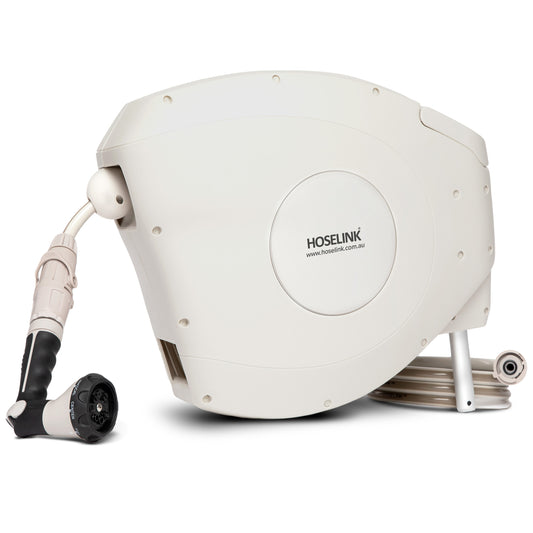
Classic 20m Retractable Hose Reel | Beige
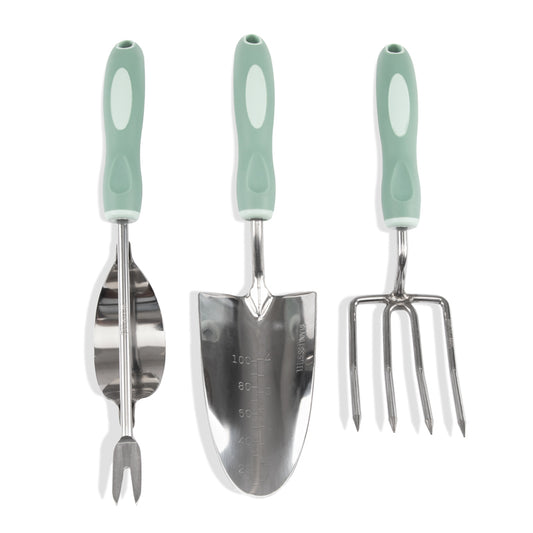
Garden Fork, Trowel and Weeder Set
Varieties of Olive Trees
Within the olive tree family there is a wide variety, each offering unique characteristics. The main variety of olive Trees available in Australia include:
- 'Arbequina': This variety is known for its compact size and adaptability, making it suitable for smaller gardens or container cultivation.
- 'Koroneiki': Considered one of the most productive olive tree varieties, 'Koroneiki' is prized for its high-quality oil and small fruit size.
- 'Manzanillo': A popular choice for both table olives and oil production, this variety has large, flavourful fruits and a vigorous growth habit.
- 'Picual': With its excellent oil quality and high yield potential, 'Picual' is one of the most widely planted olive tree varieties worldwide.
- 'Frantoio': Originating from Italy, 'Frantoio' is highly regarded for its oil production, featuring a fruity and aromatic flavour profile.
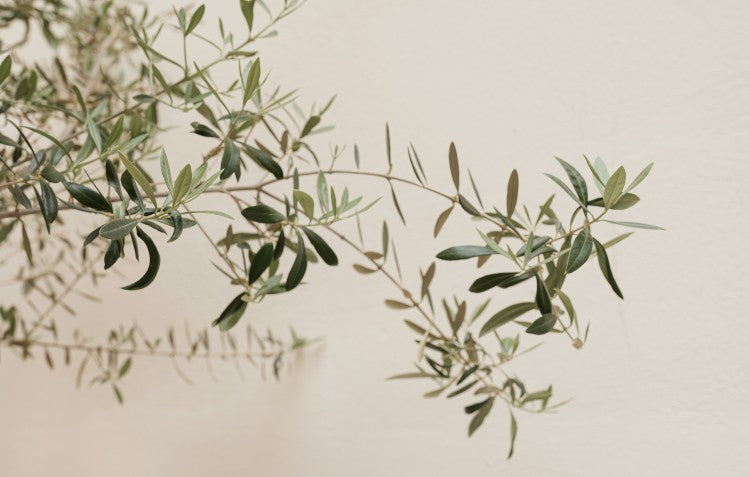
How to plant, grow and prune olive trees
The beautiful thing about Olive trees is they are one of the oldest cultivated trees in the world making them a highly desirable option for garden lovers as they seek to be different, unique and more exciting than a typical garden option.
How to plant them? The best time to plant an olive tree is in spring after the danger of frost has passed, which is a major risk to the protection of these olive trees.
To plant them, dig a hole that is the same diameter as the root ball and slightly shallower, so the top of the root is slightly above ground level. You should avoid the addition of compost or organic matter to the planting hole.
Its best practice to use the Garden Fork, Trowel and Weeder Set, for the digging, potting and planting of the olive trees.

Heavy Duty Planter Bag
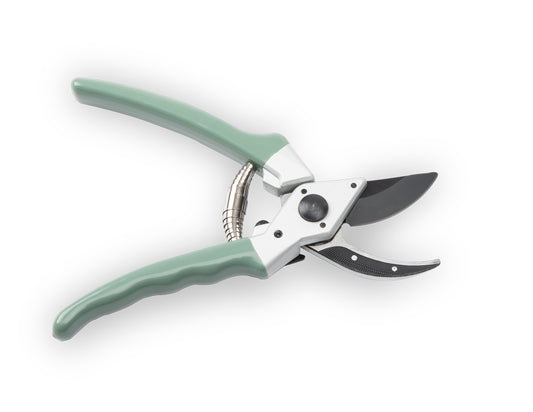
Secateurs 225mm | Sage
How to Fertilise Olive Trees
They can survive on Low nutrient, poor soils providing they are well drained; however, they will produce better fruit if planted in ell drained, fertile soil. You can fertilise these olive trees early spring and late summer with a well-balanced fertiliser such as the Super-Grow Garden Fertiliser Concentrate from Hoselink.
Growing Olive Trees
A full gown olive tree can reach 6m in height, but young Olive Trees can thrive in a pot. Make sure to use nutrient rich potting mix in a large container. In taking care of the tree top up the pot with fresh soil every couple of years and water lightly but regularly.
How to prune olive trees
To encourage and activate growth of the tree prune out suckers and low branches during winter, whilst also removing the tips of the stem that have grown too long. This process can be done using Hoselink's lightweight Bamboo Garden Gloves. These make any work in the garden
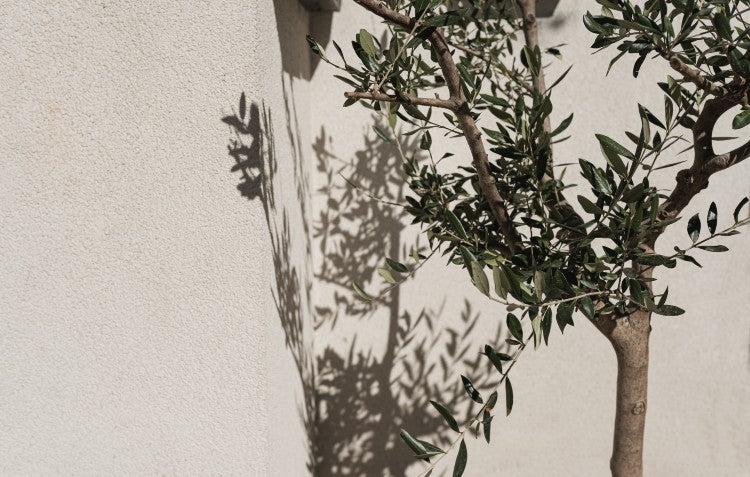
Benefits of having olive trees
There are a vast range of benefits with choosing to grow olive trees in your garden. They are becoming an extremely desirable choice for garden lovers around Australia and worldwide. This is due to the fact they are easy to manage, easy to care for and easy to grow. They are also an extremely attractable look to have in a modern garden. Some key benefits of growing olive trees are;
- Longevity: They can live for thousands of years and have a rich cultivated history. They have been around for over 2000 years
- Prolific: The olive trees start bearing fruit at around 5 years
- Unbreakable: the durability of the root system of an olive tree is incredibly impressive. It is so robust that its capable of regenerating itself even if the frost or other sever climates has destroyed the roots.
- Generous: the olive tree Produces about 180 KG of olives annually. Older and larger trees can produce even more.
- Healthy: They are a healthy fruit that contains healthy fats, fibre & antioxidants
Concerns around olive trees
Whilst olives trees offer a ton of benefits and are a likeable option for many along with these positive aspects does come a few concerns. These main concerns are:
- Frost Damage: Protect young or newly planted olive trees from frost by using frost blankets or wraps during winter. Plant them in sheltered locations to minimise exposure to freezing temperatures.
- Pest Control: Monitor olive trees regularly for pests like olive fruit fly and scale insects. Implement organic pest control methods, such as sticky traps or natural predators, to manage infestations and protect the fruit.
- Disease Prevention: Take preventive measures against fungal diseases by ensuring proper air circulation through pruning and thinning branches. Avoid excessive moisture on leaves and fruit by watering at the base of the tree and providing adequate spacing between plants.
Main points Simplified
- Location: Choose a sunny spot with well-drained soil for planting olive trees. They require at least six hours of direct sunlight per day.
- Soil Preparation: Amend the soil with organic matter and ensure it has good drainage. Olive trees prefer slightly alkaline soil with a pH between 6 and 8.
- Planting Process: Dig a hole slightly larger than the root ball and place the tree, making sure the bud union or graft point is above the soil surface. Back fill the hole and water thoroughly.
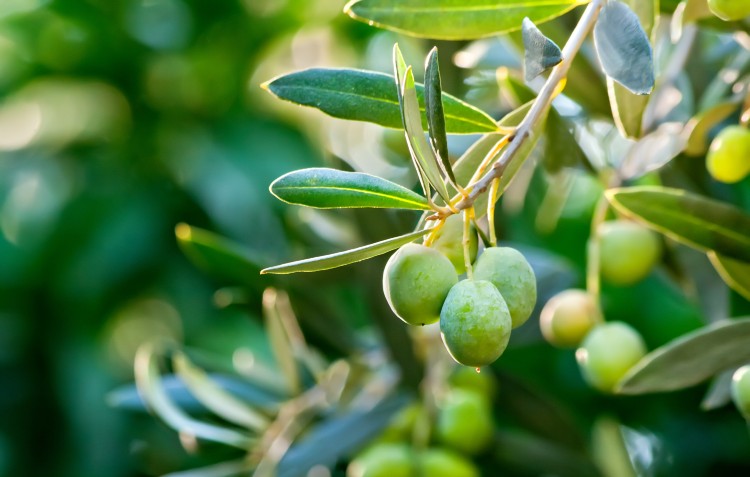
Growing Olive Trees
- Watering: Olive trees are drought-tolerant once established but require regular watering during the first few years. Water deeply, allowing the soil to dry out slightly between watering.
- Fertilisation: Apply a balanced slow-release fertiliser in early spring. Avoid excessive nitrogen as it can negatively affect fruit production.
- Pruning: Prune olive trees during late winter or early spring to remove dead, damaged, or crossing branches. Maintain an open centre structure to promote air circulation and sunlight penetration.
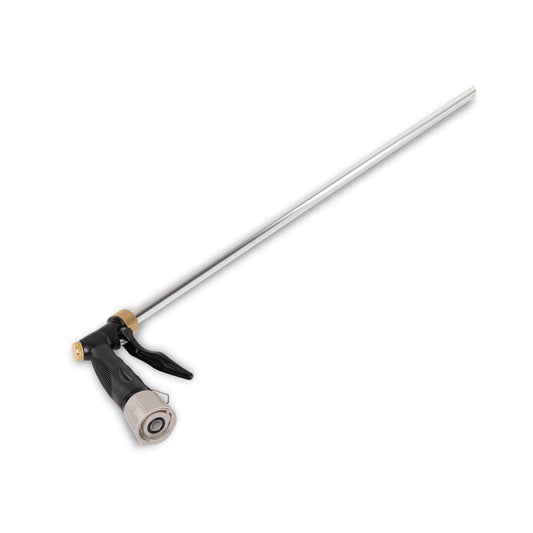
Root Waterer & Soil Breaker

Root Waterer & Soil Breaker
Maintenance
- Harvesting: Olive fruits ripen in late autumn or early winter. Harvest them when the colour changes from green to purple black.
- Pests and Diseases: Common issues include olive fruit fly, scale insects, and fungal diseases. Monitor regularly and use organic pest control methods or consult a professional if needed.
- Protecting from Frost: Olive trees are susceptible to frost damage, depending on your location, you may want to use frost blankets or wraps during winter to protect young trees or potted specimens.
It’s essential during the harsh winters these olive trees are protected as this is the climate they struggle in due to the incoming of frost, however they are a highly durable tree and outlast most conditions. This is where Hoselink can help! With many watering options from our famous Retractable Hose Reel to our Root Waterer and Soil Breaker, both options will enable you to keep your olive trees hydrated and healthy.
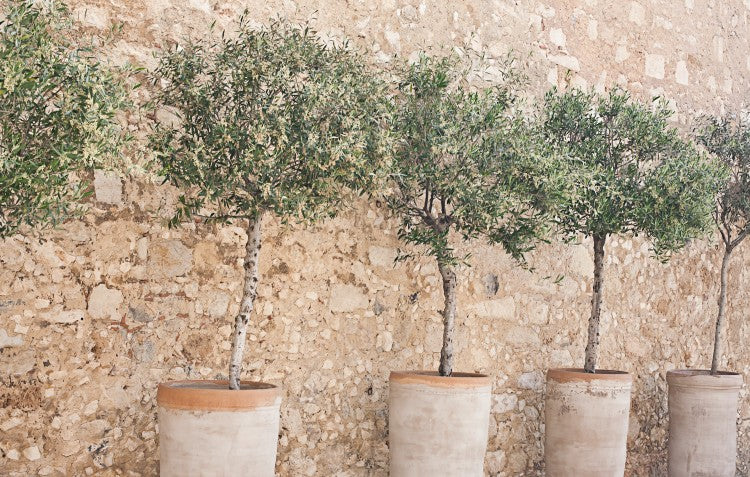
Olive trees have captured the hearts of gardening enthusiasts with their timeless beauty and practical benefits. By selecting the right variety, providing proper care, and addressing potential issues promptly, you can enjoy the grace and elegance of olive trees in your garden.
Remember to water adequately, fertilise appropriately, prune wisely, and protect them from pests and diseases. Embrace the allure of the Mediterranean and savour the rewards of cultivating these trendy trees. By utilising some of Hoselink’s products this process will be achieved smoothly.
Olive trees have a special purpose in many people's life & with appropriate care, they can make a garden look spectacular and improve the mental health of many Australians with its rare beauty.

